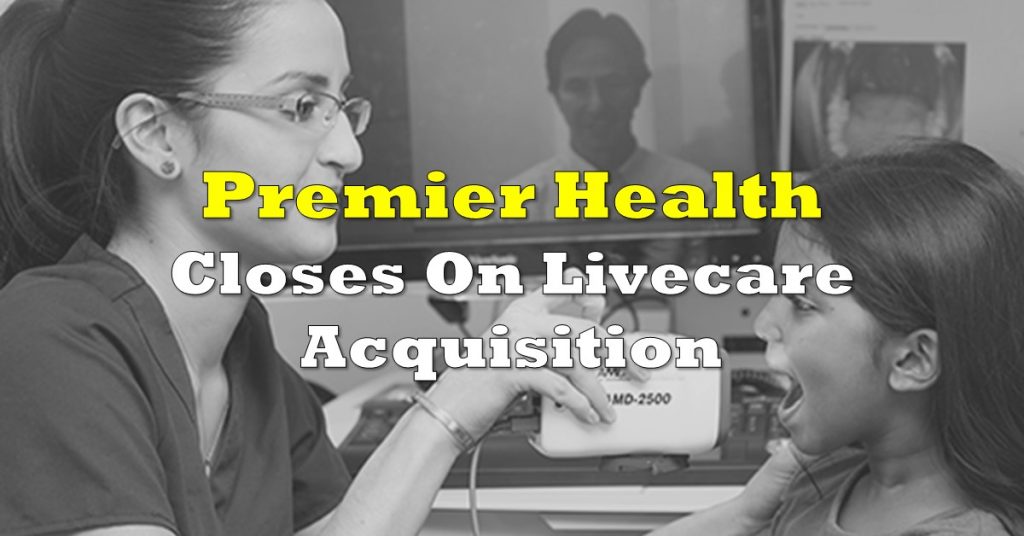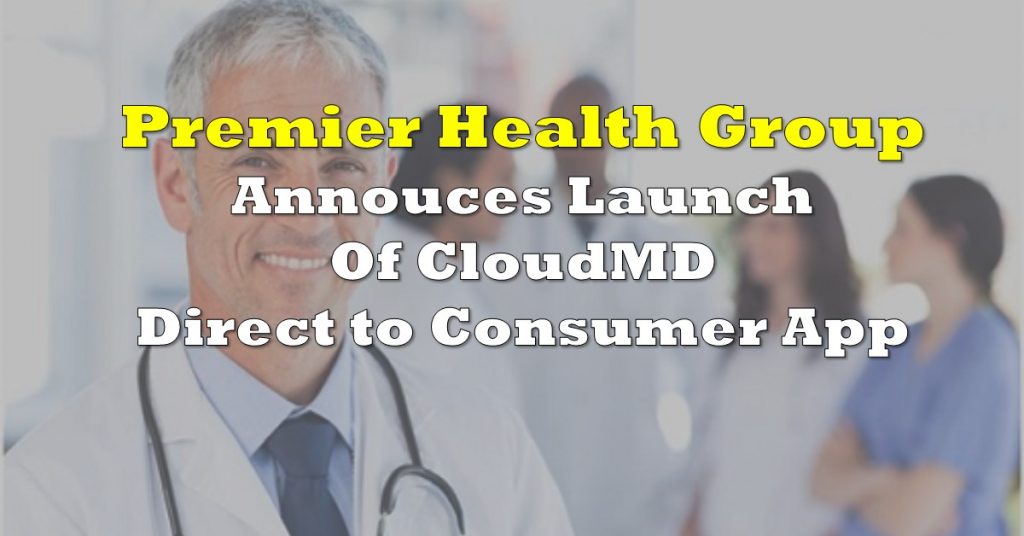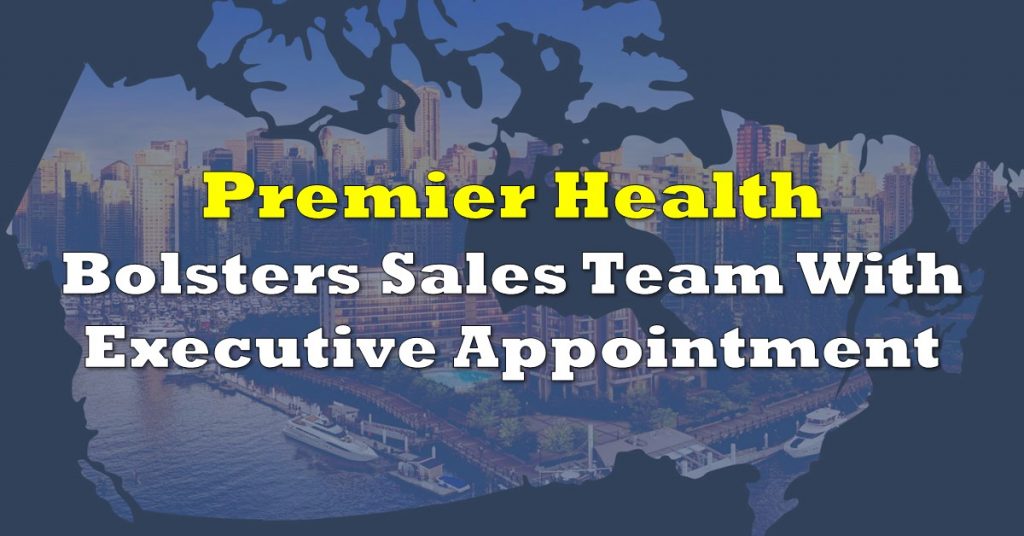Premier Health Group Inc’s (CSE: PHGI) recently announced acquisition of Canadian telehealth pioneer Livecare has curiously received little fanfare among capital markets. This is despite grossly understated benefits to Premier via two segments in which Livecare operates: telemedicine and patient health record (PHR) software. Both segments provide significant opportunities to Premier, who’s current offerings can be further differentiated by the addition of Livecare.

The benefit of acquiring Livecare for Premier is two-fold. First and foremost, is the secure communications platform that enables telemedicine. The platform can be fully white labelled and is EMR agnostic. While the addition of current market share within the space is beneficial to Premier on a basic level given the fact that the issuer already operates in the segment, it goes beyond this. Livecare has taken the time to build strong business relationships with its clientele to serve demographics that have traditionally been under served by current healthcare offerings. Specifically, think of remote oil and gas health and safety teams, rural and First Nations communities. Through Livecare’s telemedicine offerings, these under served demographics have been able to receive unprecedented timely access to primary care, specialists and allied health care.
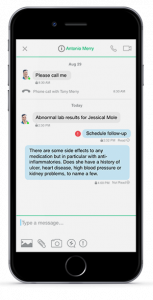
To serve these segments of the population, Livecare has taken a technological approach to health care. First, it was a pioneer in telemedicine from which it gained valuable market insights into the segment. Then, it built upon its early findings. Livecare did this by incorporating innovative health devices that include Bluetooth enabled technology to its telemedicine offering. In practice, Bluetooth-enabled medical devices such as stethoscopes and otoscopes are now located in remote centres across the country enabling physicians to listen to a patient’s heartbeat or perform ear exams from a distance. These devices, when used either by an on-site nurse during the telemedical visit or by the patient at the direction of the remote doctor, allow for modified physical exams giving the doctor real-time diagnostics inputs. Thus providing for a much more in-depth and data driven telehealth visit than other traditional telemedicine providers offer.
The results of such technological improvements speak for themselves. Livecare has partnered with several rural communities to address previous health care shortcomings. In one instance, the implementation of Livecare’s services brought a higher standard of medical care to a remote First Nations community than what is experienced by many British Columbians. In another instance, a remote community was able to re-open its health care clinic which had previously been closed due to physician shortages, enabling the community to resolve its health care crisis in a cost-effective manner.
Naturally, it is believed that this technological advantage will be incorporated into Premier’s other telehealth offerings. This applies to both its pharmacy-based kiosks that are being implemented across several jurisdictions, as well as its own telemedicine application to provide a product to the market that no competitor is currently offering, setting Premier’s portfolio apart from the pack.
This leads us to the second benefit of the Livecare acquisition: an agnostic patient health record software named KindredPHR. Kindred was built by McMaster University, a global leader in medical innovation. Livecare has established a partnership with McMaster Family Medicine to further develop and deploy the software. Through the partnership, Livecare has been granted a stewardship over the Kindred code.
Globally, health care is trending away from hospital-based medicine and instead empowering patients to engage in their own healthcare, proven to result in better health outcomes. The premise behind KindredPHR is simple: bring together one’s personal health information across all health professional visits, into one central repository. The data is owned and controlled by you, the patient. When we refer to doctor visits, this is not limited to your routine GP visit that occurs once or maybe twice a year. It includes electronic medical records of all your health visits with your general practitioner, chiropractor, otolaryngologists, massage therapist, and lab results etc. being brought together in to one central database. Data from your health monitoring devices can also be stored. In addition, Kindred allows you to selectively share your health data with family members providing ease of medical data sharing between dependents and caregivers.
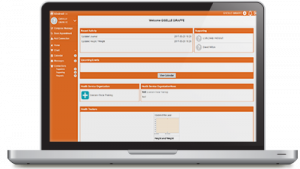
The thought process behind this is simple. In the current environment, all your medical information is contained within numerous silos across the medical sector, with no central database currently in place. Resulting in the patients being required to recall critical details to ensure all visits and medications are working influx. This means all medication needs to be repeated to each specialist visited and that all medical history needs to be recalled correctly to provide sufficient background to potential health concerns. One forgotten medication, or one missed detail can result in serious consequences for the patient, whether this be a wrongly diagnosed illness or a prescription that reacts negatively with other medication currently in use.
Livecare’s KindredPHR seeks to eliminate this current hurdle in the healthcare sector. It does so by implementing a simple “hub and spoke” model to the problem at hand. With the Kindred software acting as the “hub” in this analogy, refer to the numerous electronic medical records (EMR) across your health visits as the “spokes”. By working seamlessly with numerous EMR systems currently in the market, such as Oscar and Juno, the software platform is able to bring together a patient’s health records to one central location. This in turn provides the doctor with access to a comprehensive data driven medical history of the patient, enabling them to better diagnose and treat patients in a more timely and cost effective manner.
The opportunity for such a program is staggering given the lack of cohesion across Canada’s current medical landscape. It should also be noted that the program has already began implementation, with a focus on Livecare’s current focal market of Ontario – which coincidentally, is a prime target market of Premier Health’s. The value contained in the data alone presents a significant opportunity for that of Premier and coupled with both Premier Health’s and Livecare’s telemedicine offerings is only set to grow following further implementation across Canada.
FULL DISCLOSURE: Premier Health Group is a client of Canacom Group, the parent company of The Deep Dive. The author has been compensated to cover Premier Health Group on The Deep Dive, with The Deep Dive having full editorial control. Not a recommendation to buy or sell. Always do additional research and consult a professional before purchasing a security.






